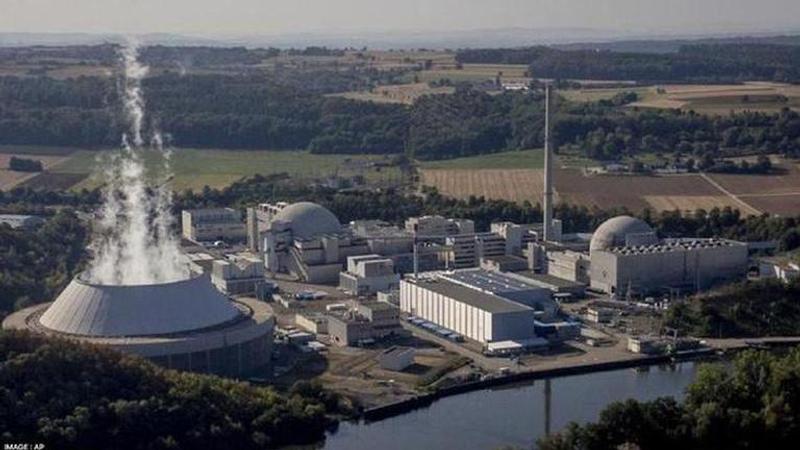Published 12:19 IST, April 17th 2023
Germany stands firm on nuclear phase-out, rejects Bavarian plea to keep nuclear power
The German environment ministry on Sunday rejected a request from the country’s south-eastern state of Bavaria to allow it continued use of nuclear power.

The German environment ministry, on Sunday, denied a request from Bavaria, a south-eastern state of the country, to continue using nuclear power. This decision came shortly after the closure of the last three nuclear power stations in the EU on Saturday. “Until the crisis is over, and the transition to renewables succeeds, we must use every form of energy by the end of the decade,” German newspaper Bild quoted Bavaria Prime Minister Markus Soeder on Sunday. Initially, the plan was to shut down the nuclear power stations by the end of 2022. However, due to concerns in the German energy sector stemming from the conflict in Ukraine and the subsequent halt in imports of fossil fuels from Moscow, the closure was postponed.
The German environment ministry, which is responsible for ensuring nuclear safety in the country, informed Bavarian officials that the federal government has sole authority over power station decisions. The ministry made it clear that no exceptions would be made for Bavaria as it shuts down its nuclear energy program after six decades. Among the nuclear power stations shut down by Germany on Saturday was the Isar II plant in Bavaria, which has the capacity to be one of the most powerful nuclear plants in the country and can generate electricity for a large city. The German Environment Minister, Steffi Lemke, confirmed that the license for Isar II had expired, and any attempt to restart the plant would require obtaining a new license.
Following the Fukushima disaster in Japan in 2011, Germany announced its plan to transition away from nuclear energy. The government asserts that despite the closure of nuclear power stations, energy export levels will remain consistent due to high gas-storage levels, the establishment of new liquid gas terminals, and an increase in the use of renewable energy sources such as wind and solar power.
Critics slam the German shutdown
Some critics have argued that if Germany intends to achieve its goal of becoming greenhouse-gas-neutral by 2045, it may need to reintroduce nuclear power as a source of energy. Bavaria’s conservative Governor, Markus Soeder, who backed the original deadline set in 2011 when Chancellor Angela Merkel was Germany’s leader, this week called the shutdown “an absolute mistaken decision.” “While many countries in the world are even expanding nuclear power, Germany is doing the opposite,” Soeder said. “We need every possible form of energy. Otherwise, we risk higher electricity prices and businesses moving away.”
Advocates of nuclear power worldwide have slammed the German shutdown, aware that the move by Europe’s biggest economy could deal a blow to a technology they tout as a clean and reliable alternative to fossil fuels. On Friday, dozens of scientists including James Hansen, a former NASA climate expert credited with drawing public attention to global warming in 1988, sent a letter to Scholz urging him to keep the nuclear plants running, reported AP.
The German government has acknowledged that, in the short term, the country will have to rely more heavily on polluting coal and natural gas to meet its energy needs, even as it takes steps to massively ramp up electricity production from solar and wind energies. It is to be noted here that Germany aims to be carbon neutral by 2045.
Updated 12:19 IST, April 17th 2023




